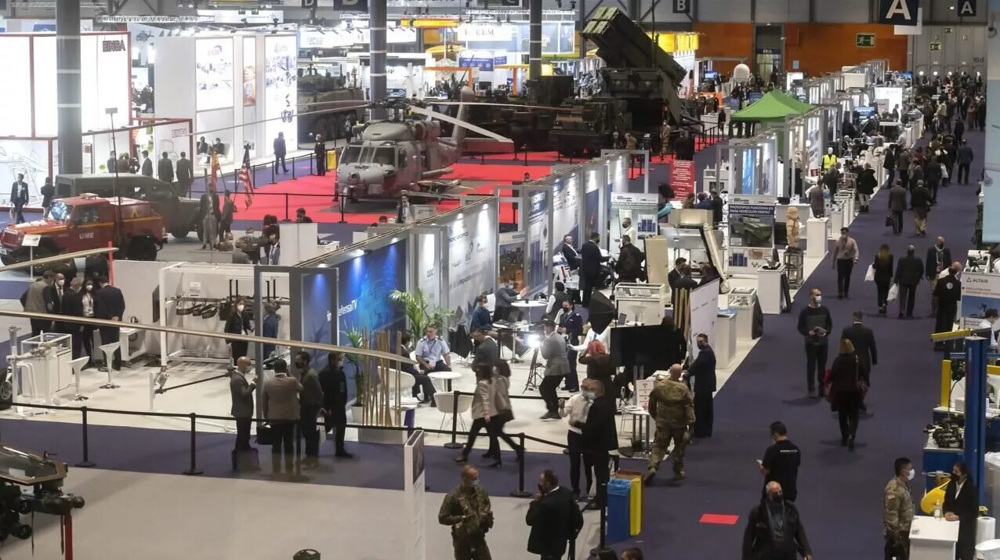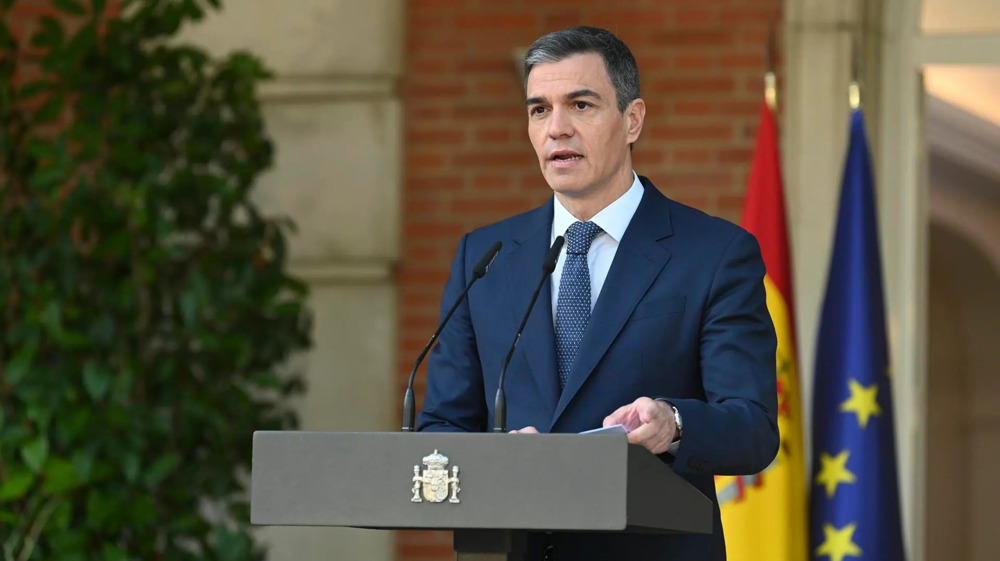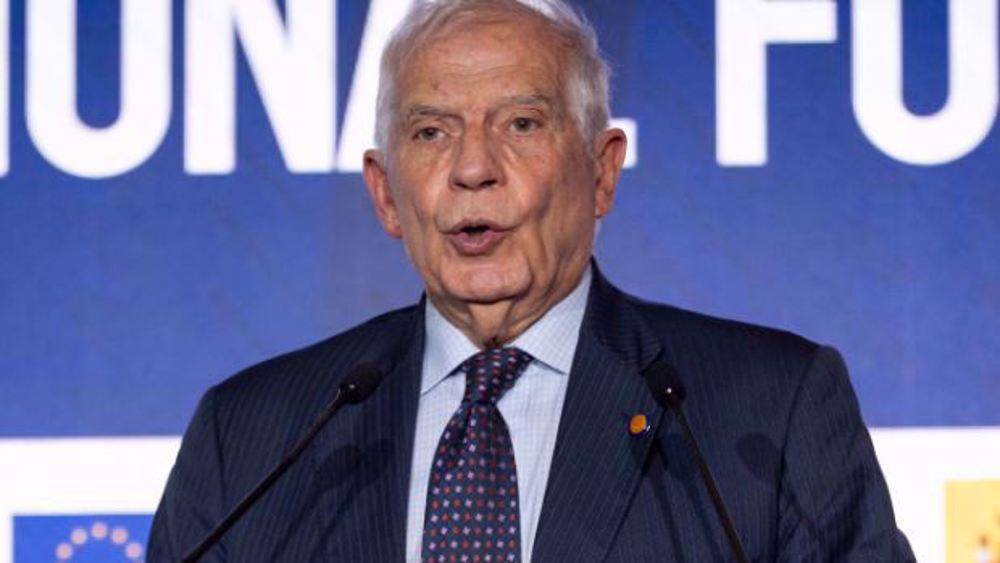UN warns of rise in number of stateless refugee children in Europe
The United Nations (UN) has warned that an alarming number of stateless children being born to the asylum seekers in Europe is further complicating the refugee crisis unfolding in the continent.
On Tuesday, the Office of the UN High Commissioner for Refugees (UNHCR) said one stateless child is born every 10 minutes in Europe, which leaves them at risk of being deprived of access to medical care, education and jobs in the future.
UNHCR chief Antonio Guterres added that “statelessness can set in stone grave problems that will haunt them throughout their childhoods and sentence them to a life of discrimination, frustration, and despair.”
Guterres is scheduled to present the concerns in a report at the UN headquarters in New York on Wednesday.
European Union (EU) countries are struggling to cope with the arrival of thousands of refugees fleeing violence in African and Middle Eastern countries, mostly from Syria.
The UNHCR also warned that 30 countries currently receiving stateless people require documentation before providing basic medical treatment, while 20 nations do not allow stateless children to be vaccinated.
The UNHCR has also proposed a number of reforms aimed at solving the issue of statelessness, including the reform of discriminatory laws that prevent mothers from passing on their nationalities to children, as many are forced to leave their countries without their husbands.

A day earlier, the UN agency announced that more than 218,000 people arrived in Europe by sea in the month of October.
More than 700,000 asylum seekers have arrived, mostly by boat, in the continent since the beginning of 2015. Over 3,300 have also lost their lives on their way to Europe during this period.
EU countries have been in disagreement on how to handle the refugee crisis, with some embracing an open-door refugee policy and others backing limitations to arrivals.
Meanwhile, Britain and France have agreed to increase police cooperation in order to prevent people smugglers from illegally transferring people to EU nations.
VIDEO | Press TV's news headlines
Iranian satellites launched into space as private sector debuts in space industry
VIDEO | Iran, Azerbaijan conduct joint maritime rescue operations
VIDEO | Yemen’s Red Sea divide: Naval forces block Israeli-linked ships in strategic ‘parting of the water’
VIDEO | Southern Gaza: Israel’s facade for famine and suffering
VIDEO | IOF hampering humanitarian aid
VIDEO | Sharmahd: Justice Done
Iran repeatedly warned Israel not to test its will: FM










 This makes it easy to access the Press TV website
This makes it easy to access the Press TV website